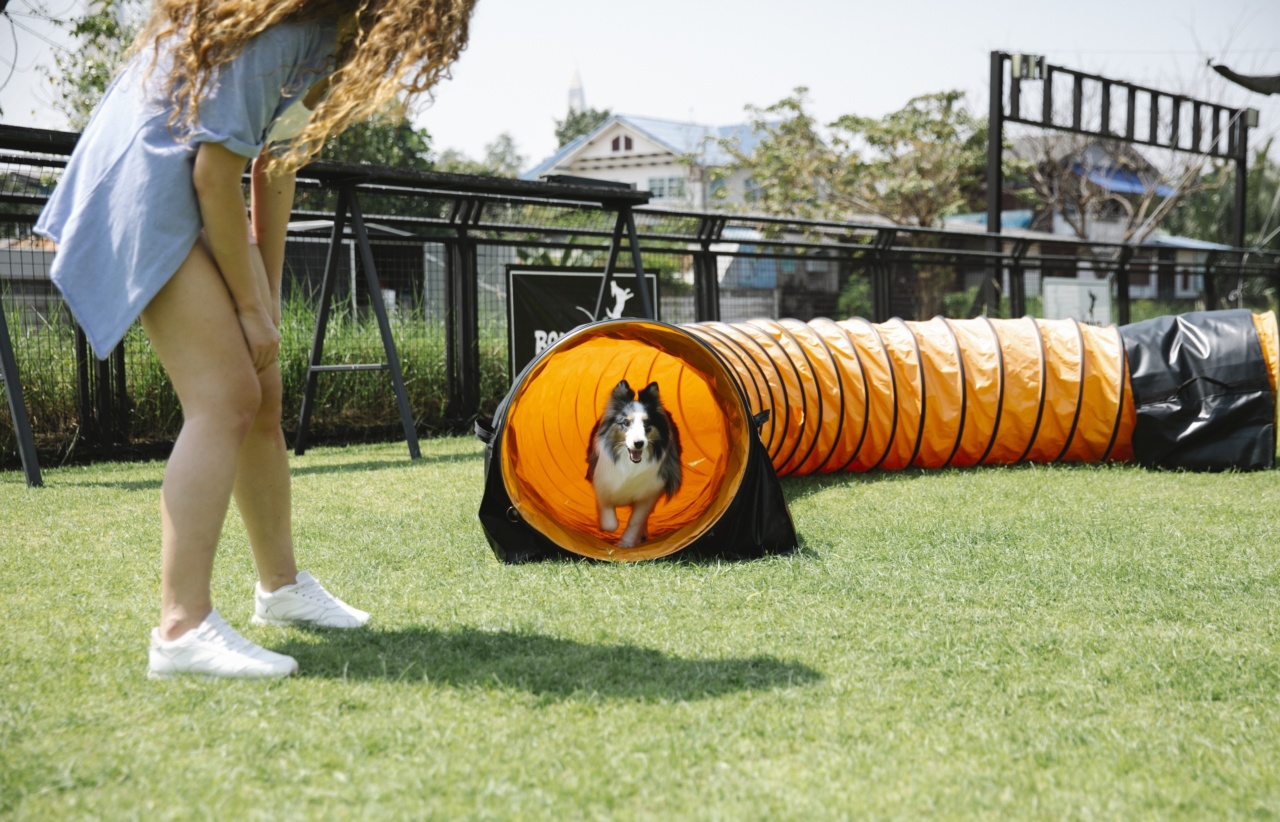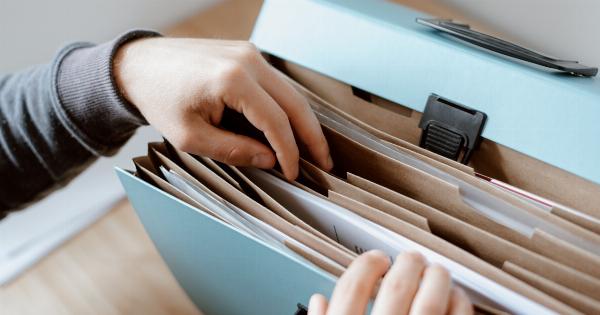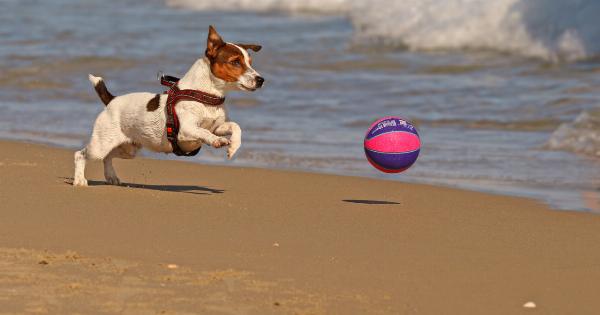Timing of Meals and Exercise
Just like humans, our furry companions thrive on a balanced diet and regular exercise. However, the timing of meals and exercise can greatly impact their overall health and well-being.
In this article, we will delve into the optimal timing for providing meals and exercise for your canine friend.
When to Feed your Dog?
The timing of your dog’s meals can play a crucial role in their digestion, energy levels, and overall health. Most vets recommend feeding your dog two meals a day, spaced out by 8-12 hours.
This allows their bodies ample time to digest the food and absorb the necessary nutrients.
A common practice among dog owners is to free-feed their pets, leaving food available 24/7. While this may be convenient, free-feeding can lead to overeating and obesity in dogs.
It is best to establish a set feeding schedule to prevent this from happening.
It is also important to note that certain breeds and sizes of dogs require different amounts of food. Consult with your vet to determine the right portion sizes for your dog and adjust their feeding schedule accordingly.
The Importance of Exercise
Providing your dog with regular exercise is crucial in maintaining their physical and mental health. A lack of exercise can lead to obesity, arthritis, and other health problems. It can also lead to destructive behavior and anxiety in dogs.
The amount and type of exercise your dog needs will depend on their breed, age, and overall health. A young, active dog may require more exercise than an older, more sedentary dog.
Consult with your vet to determine the appropriate exercise plan for your furry friend.
When to Exercise your Dog?
The timing of your dog’s exercise routine can impact their energy levels and sleep patterns. It is best to exercise your dog in the morning or afternoon, rather than late at night.
This avoids stimulating their body and mind right before bedtime, which can lead to restless sleep and early wake-up calls.
Additionally, it is recommended to wait at least an hour after your dog’s meal before engaging in exercise. This allows their bodies to properly digest the food without the added stress of physical activity.
The Role of Water
It is important to note that proper hydration is crucial for dogs during exercise. Always provide your dog with access to fresh, clean water before, during, and after exercise.
Dehydration can lead to heat stroke and other serious health problems in dogs.
If you are taking your dog on a long walk or hike, bring along a collapsible water bowl and bottle of water to ensure they stay properly hydrated. On hot days, try to exercise your dog during the cooler hours of the day to prevent overheating.
Conclusion
The timing of your dog’s meals and exercise can greatly impact their overall health and well-being.
By establishing a set feeding schedule and providing your pet with appropriate exercise, you can prevent obesity, anxiety, and other health problems. Consult with your vet to determine the optimal feeding and exercise plan for your furry friend.






























